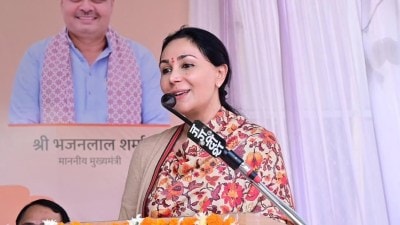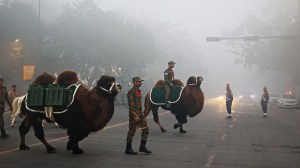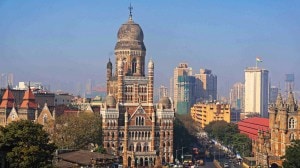Paperbackers
An archaeologist seeks Noahs ark,a fat lady is on a quest to fell her inner obeast,and a Canadian looks for her first love in Cambodias killing fields.
Blurbs always sound inordinately excited about whatever theyre flogging,but the one on The Noahs Ark Quest by Boyd Morrison Hachette,Rs 295 actually quantifies this excitement by promising its readers more thrills per page. It gets to a running start with the first page,in which Turkish archaeologist,Hasad Arvadi,has been shot in both knees and the stomach,while his killers were walking the earth with a relic of unimaginable power: Noahs Ark. Next,were introduced to the dead mans daughter,foxy bio-archaeologist Dilara Kenner,summoned to Los Angeles airport by her surrogate uncle Sam Watson,whod begged her to return two days early from her Incan dig-site. Watson ends up being poisoned,but not before he makes a dying declaration that she meet combat engineer Tyler Lock on an oil rig in Newfoundland. Which,despite many near-misadventures totting up thrills-per-page past counting,including murderous beluga-sized henchmen in SUVs,and mortally crippled helicopters,she manages to do.
Beluga-sized is exactly how everyone in Leaford,Canada,would describe Mary Gooch,the protagonist of The Wifes Tale by Lori Lansens Hachette,
Rs 350. She spends a life too consumed by self-loathing to allow her husband to touch her,buried under her slowly spreading subcutaneous duvet,pretending not to overhear co-workers joke that her ass is big enough to have its own blog. Until the day her husband ups and disappears,after winning a mysterious amount at the lottery,and she goes off in search of him,to Los Angeles,and ends up conquering her own obeast. Much rings true about the little everyday embarrassments in the life of someone whos morbidly obese: the different varieties of double-takes from the moralistic what-must-she-eat to one that suggested a comparative study; the conspiratorial smiles of pregnant women. But the novel tends to heavy-handedness when it characterises Marys breath as odour,fromage,or says shed blame the media for her body image issues,but finger-pointing was too much exercise.
The Disappeared by Kim Echlin Hachette,
Rs 395,on the other hand,despite the heavy history it unfolds in,is a light,pang-filled pop song,addressed to Serey,a Khmer exile and musician,who Anne Greaves fell in love with in Montreal when she was 16. A decade later,she seeks him in Cambodia,only to lose him again. Annes poetic voice occasionally gets querulous and overwrought I have lived in intimacy with the violence of the untold life. But this is more than made up for by the sensitive way in which she describes the horrific genocide and its aftermath: People startle at cigarette smoke and rotting garbage and gasoline,surrogate odours of torture and dead bodies and bombs. And the equally brutal indifference of backpackers drifting through Phnom Penh,who explored sex and skulls and temples,talked about going to the beaches in the south for New Years. One persons chilling tragedy; anothers atmospheric gloom.
- 01
- 02
- 03
- 04
- 05































